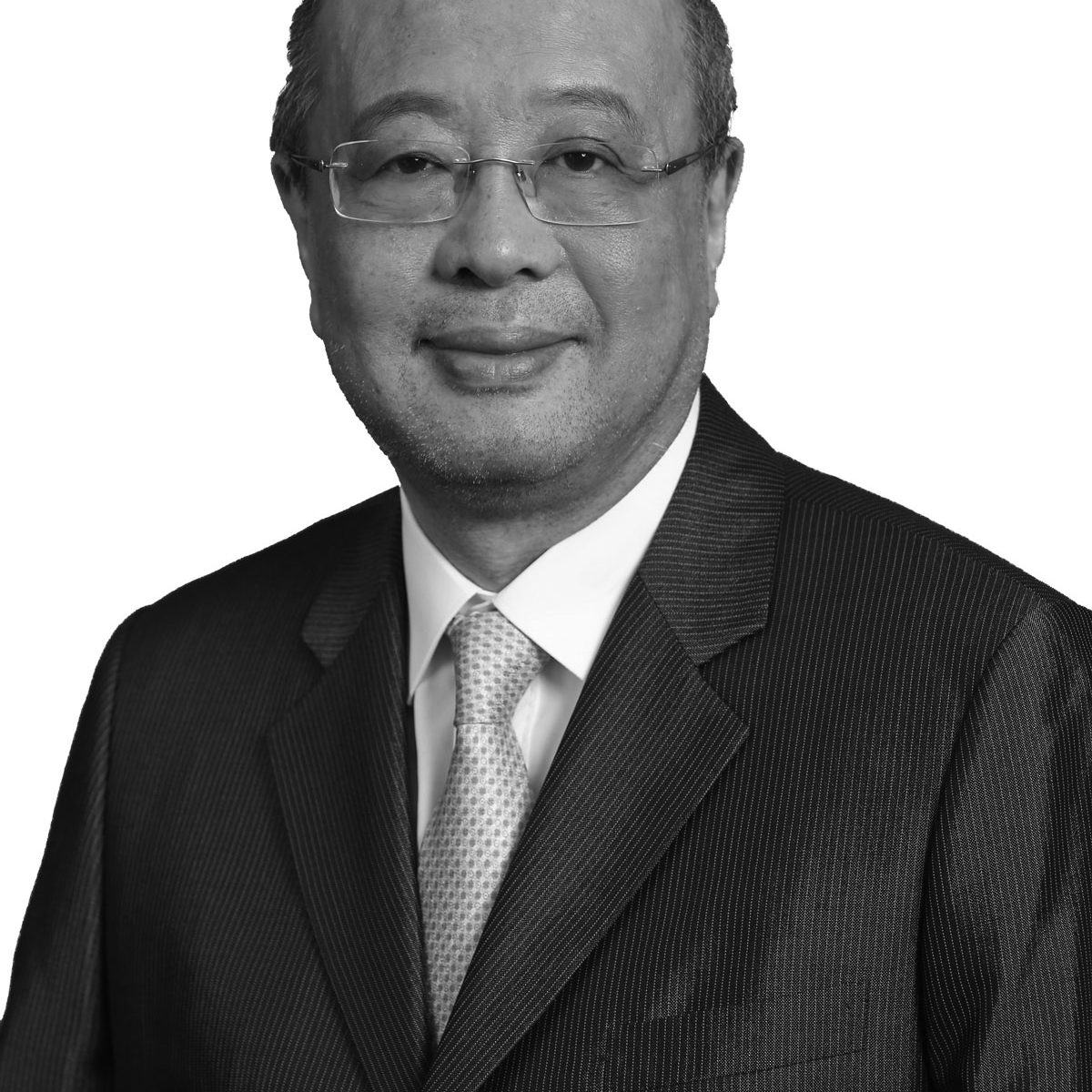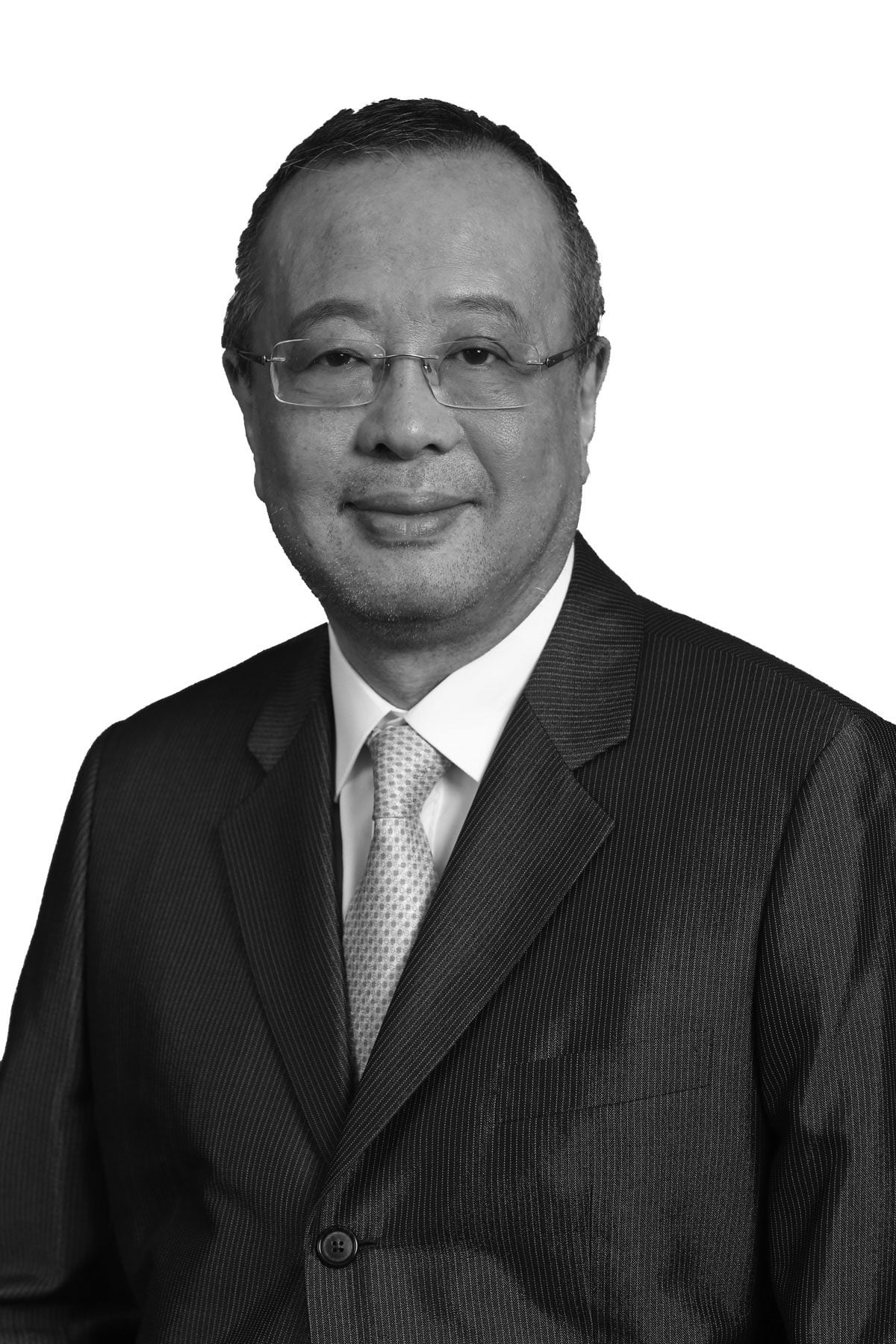How would you describe your firm’s culture and how important is it to you? Is it different in Asia from the home base in Chicago?
Mayer Brown has a strong one-firm culture that enables us to be seamless in serving our clients. This is possible because we operate as a global partnership, rather than in a siloed or Swiss Verein structure.
We have a common set of values, which promotes collaboration and encourages our lawyers to be responsive to our clients. Our clients appreciate our integrated culture because they have access to the best knowledge and service from our lawyers, no matter where they are.
Since becoming senior partner what’s surprised you most about running a firm?
Having played the role of senior partner for almost three years, I am pleasantly surprised by the contribution of our support departments to the success of the firm. These include business development, marketing and communications, finance and accounts, information technology, knowledge management, legal risk and compliance, pricing strategy, and legal project management.
We have many talented colleagues overseeing these functions allowing our lawyers to focus on client service, which is our firm’s top priority.
How has your role in client
facing-work changed since becoming senior partner?
I believe that practice and management are in fact complementary with each other. Maintaining an active practice enables me to learn about the practical challenges faced by all of us. Performing the role of senior partner offers me the opportunity to overcome these challenges collectively with my partners.
What’s the main change you’ve made in the firm across Asia that will benefit clients?
When I took on the leadership of Mayer Brown in Asia three years ago, integration was my top priority. I sought to integrate
our Asia offices with other offices in three areas: our people, our practices, and our systems.
Our success as an Asia powerhouse and now, as a distinctively global law firm following the combination of Johnson Stokes & Masters with Mayer Brown ten years ago, is the direct result of this integration exercise. This has enhanced cross selling and efficiency. We pride ourselves with our brand – one that will allow us to speak in one voice and tell one story.
Aligning our expertise with the needs of clients globally requires lateral hiring. Accordingly, we have made a significant number of strategic appointments to strengthen our capabilities
in Asia.
What are the biggest challenges facing firms in Asia?
There have been several changes in the legal landscape in the past ten years. Increased competition from within and outside the legal industry is a major change and challenge.
Within the legal industry, Mainland Chinese law firms have been expanding into Hong Kong, and accounting firms have also been setting up their legal arms.
Outside of the legal industry, alternative service providers (ALT) are expanding in Asia. Some law firms have even joined the bandwagon by launching their own ALT arms.
What is the firm’s strategy in Asia? Do you have plans for expansion and where are you seeing growth?
Backed by a well-established Hong Kong practice in a mature market, we always listen to our clients and understand their businesses. As our clients themselves are globalising, they require global offerings.
To align our products, we make strategic hires and reinforce our position as a distinctively global law firm beyond a regional powerhouse. As part of Asia’s role in helping the firm achieve its overall goal of being a top ten international business law firms in the world, we leverage the capabilities of our Asia practices to the benefit of our global platform.
By way of example, we opened our Tokyo office last year after due consideration of our clients’ needs, the alignment of our products and the availability of talents in the market. We do not simply view the financial performance of our offices in Asia (Hong Kong, Beijing, Shanghai, Singapore, Bangkok, Hanoi, Ho Chi Minh City, and Tokyo) on a siloed basis; instead, we focus on how we can best serve our clients.
As international counsel, we serve clients all over the region, including in frontier markets such as Myanmar and Mongolia and we do not restrict our service coverage merely to office locations.
What do you think are the top three things clients want and why?
Clients expect their outside counsel to adopt extremely high and uncompromising standards in their problem-solving skills. When selecting outside counsel, clients will also bear cost efficiency in mind. Accordingly, we offer seamless service to our clients in a cost-effective manner.
Global clients also want to work with a law firm that has a global platform with extensive reach across continents. As the only integrated law firm globally with approximately 200 lawyers in each of the world’s three largest financial centres – New York, London and Hong Kong – we are well-positioned to offer global
solutions.
In an increasingly demanding world, our clients are insisting on fast and efficient service. Due to our global platform, Mayer Brown is able to service our clients 24 hours a day, every day of the year.
Is technology changing the way you interact with your clients, and the services you can provide them?
Without question, a top priority of Mayer Brown is to leverage technology to enhance client service. Today, the use of artificial intelligence (AI) is a critical area in
which we must be at the technical
forefront.
For example, we are deploying matter management tools which provide
monitoring systems for project management. We are using sophisticated software
for document management and
e-discovery.
Finally, we are evaluating AI tools which have the capability to rapidly identify
anti-assignment, change of control, and other key clauses in large scale due diligence work. Having integrated systems enhances efficiencies flowing from a centralised function.
What does innovation mean to you and how can firms and individual lawyers be better at providing it?
Innovation is providing out-of-the box solutions to our clients. One standout example in Asia is the landmark restructuring solution we provided to Z-Obee.
With no Chapter 11-style legislation in Hong Kong and the inability to appoint provisional liquidators solely for restructuring purposes, our unprecedented solution enabled the appointment of provisional liquidators in Bermuda to allow them to seek recognition and assistance from the Hong Kong Court under common law. No other firm had addressed the issue through common law before, and for this our firm was widely praised.
Our firm has been recognised several times as one of the most innovative law firms in Asia, North America and Europe by Financial Times, not only for client-related work but also for our pro bono programmes.
Our lawyers are inherently innovative. We are fortunate to have developed a collaborative culture through teamwork that sparks and nurtures innovation. In our case, the drive to deliver extremely high and uncompromising standards of work to our clients, complemented by the constant exchange of ideas and new perspectives, are important factors in our innovative solutions for clients.
Tell us about your commitment to pro bono – why is it important to you and why should firms give back to their local communities?
We believe we have a responsibility to give back to the community and to help the disadvantaged. Our lawyers possess unique skills that allow them to serve our community. We have recently stepped up our pro bono programmes in Asia by hiring a US-qualified public interest lawyer dedicated to assist our pro bono work.
The move has sparked additional internal interest in providing pro bono legal services and created a positive impact for both our pro bono clients and our lawyers. Towards the end of last year, we launched in Asia the ‘Got 20’ initiative encouraging our lawyers to voluntarily devote 20 hours to pro bono work that can be counted towards billable hours when assessing performance.
We also collaborate with our clients on pro bono projects. For example, we partner with a local organisation, Christian Action, on an initiative to provide pro bono legal assistance to recognised refugees (also known as substantiated refugees) in Hong Kong who are waiting for resettlement overseas.
In addition, we have embarked on a large-scale project with the Hong Kong Council of Social Services’ (HKCSS) NGO Corporate Governance Platform. Through this opportunity, we assisted with developing a model corporate governance manual for HKCSS’s members alongside our corporate client. This manual provides many NGOs with a practical toolkit, helping them better understand the corporate governance requirements.
What have you found the best way to retain talent?
At the partner level, our global partnership structure and traditional culture is a key reason for partners to remain with the firm. New joiners are amazed at our integrated and collaborative culture. Lawyers work collaboratively as teams, which impresses clients because we are able to pull resources from many areas.
At the associate level, it is important we provide our junior lawyers with meaningful and successful careers. We need to be transparent in our process and adaptable to the needs of young millennials, many of whom will become the pillars of the firm.
We also develop and have been proactive in providing policies around diversity
and inclusion and pro bono work, demonstrating to our younger lawyers our commitment to core values. Through the sophisticated and cutting-edge work we do, we provide a stimulating and exciting environment in which our lawyers at all levels can thrive and improve.
What are the firm’s policies on diversity and inclusion?
Achieving a diverse and inclusive work force is critical at Mayer Brown. We are committed to recruit, develop, and promote the highest calibre lawyers regardless of race, religion, ethnicity, gender, or sexual orientation.
The firm has established three committees in Asia under the umbrella of diversity and inclusion: the Pride and Ally Network, Family Network, and Women’s Network (branded as Retain and Advance Women). These three networks regularly organise talks and activities to promote diversity at all levels of the firm.
Due to its innovation and excellence, the Asian arm of Mayer Brown’s diversity and inclusion initiative has recently been nominated for a number of awards.
What advice can you give the next generation of partners looking to rise the ranks?
History always repeats itself provided circumstances remain the same.
What hasn’t changed today is the need to build and strengthen client relationships.
Working collectively to better serve our clients is baked into our culture as a firm. If we can adapt to the advent of new technologies, the challenge of new competitors and the constant drive for innovation, we will evolve. Talent retention is critical and unity is strength!

